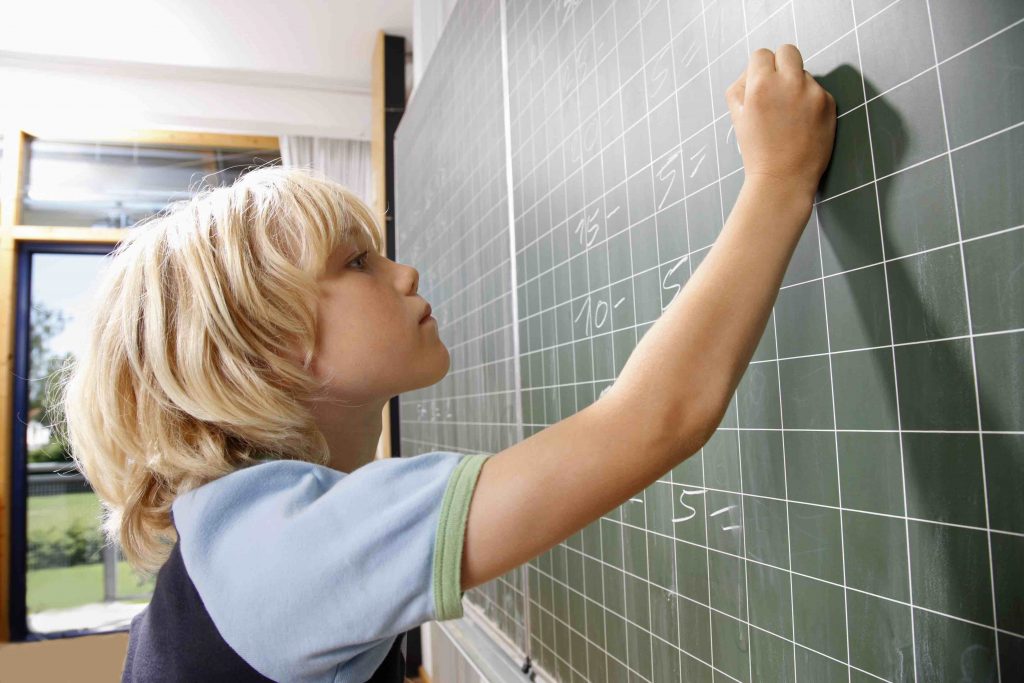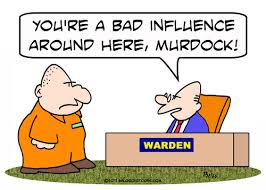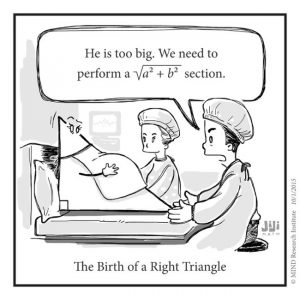
I dream in the English language now. What about you?
Ok, that was too weird. But seriously, think about it… what language are your dreams in?
There was a time, I remember I used to dream in my mother tongue Tamil, but sometime in my 20's I realised that my dream conversations were mostly in English. That does not mean I speak a superior brand of Old Etonian, but simply that almost all my reading was in English and consequently my vocabulary and my ability to express ideas are best developed in that language, Hindi being secondary. But what has my dream language got to do with the subject of this essay? Simply this, whatever your mother tongue, your native tongue is truly the language that you dream in ( and yes….. I caught that wise-craack about sub-titles![]() ). And I am betting that is also the language you think in. This is so, atleast for me.
). And I am betting that is also the language you think in. This is so, atleast for me.
Language: liberating and limiting
Here is the big message…. your native language ( the language you think and express yourself in) , is the most powerful tool you have to influence others. and unless you earn your living as a solo craftsman ( like a potter, painter, hangman or a brick layer) , your personal and professional life progression will depend hugely on your ability to influence and be influenced by others. So far so good.
What is, however, not so well understood is that your facility/fluency with your native tongue also tends to limits your thoughts. This is a radical idea and I am sure atleast some of you will disagree. My point is simply this,  learning a new word , a phrase or an idiom really means to understand AND be able to express the idea behind the word, within a well defined context , with all its nuances and qualifications etc. It also means using the word and all that it implies in constructing original ideas in your own mind. For example the word ‘condescending’ gives me a subtle expression for which I may earlier have used the words ‘patronising’ ( not quite appropriate) or ‘riding a high horse ( inappropriate AND too long).
learning a new word , a phrase or an idiom really means to understand AND be able to express the idea behind the word, within a well defined context , with all its nuances and qualifications etc. It also means using the word and all that it implies in constructing original ideas in your own mind. For example the word ‘condescending’ gives me a subtle expression for which I may earlier have used the words ‘patronising’ ( not quite appropriate) or ‘riding a high horse ( inappropriate AND too long).
But what does all this have to do with learning. Quite a lot, infact. Every profession or more correctly every body of knowledge or field of study evolves its own unique vocabulary, grammar and sentence forms, even though they may ultimately be expressed in a human language such as French or Hindi. We may call this the 'lexicon' for that body of knowhow. For eg. an accountant will speak the accountant’s language, a software developer deals with the concepts contained in the technical jargon of his chosen profession, a doctor is no doubt at all what the word ‘progressive cardiac conduction defect’ describes and implies. If you have chosen a field of study, your knowledge in that area will grow hand in hand with your use of new vocabulary and language structures. In other words, the process of learning can be seen as the process of acquiring the ‘lingusitic’ of that field.
School Mathematics : Pedagogy revisited
Such a perspective gives us a very useful way to look at mathematics, that is, not as a subject … but as a language.
For example the idea that ‘potatoes and onions together weigh 12 kg’ can be expressed mathematically as the equation P + O = 12 kg, with the appropriate definition of the variables ofcourse. . We can understand this better if we see that
a) P and O are ‘terms, objects or entities’ analogoues to things, subject/ object, in English
b) the symbol + functions as a verb ( implying an operation or transaction between the subject and the object)
c) ‘P+0’ is an expression in mathematics , that is…a ‘phrase’ in English.. and
d) the whole equation is nothing more than a sentence expressing the relationship between the subject(s) and the object(s).
From such an angle, you can see that the study of mathematics in school years is almost entirely about building your ability to construct and work with more complex mathematical ‘sentences’ using a variety of symbols and operators ( exponent, logarithm, differentials etc). As you move from 9th grade to 11th, 12th and beyond you will learn to work with longer, more complex and various forms of mathematical expressions or sentences.
For example, in your 9th or 10th you would have solved a pair of linear equations using the so called substitution method. But in 2 more years, you will be introduced to matrices and discover a quicker and simpler method to solve the same set of equations. You should now be able to
a) Recognise a system of linear equations as a matrix of coefficients…and ofcourse simplify , solve etc.
b) Use the word ‘matrix’ to understand, describe any grid like structure , eg the state and central governance organisation, Mixrosoft Excel spreadsheets etc.
c) Immediately comprehend the intent and context when you hear the word ‘matrix’ in a conversation.
In other words your mathematical skills evolve in tandem with your linguistic skills. Each new term you acquires gives you access to a whole range of connected ideas. Conversely, unless you are Ramanujan himself, if you don’t acquire enough of the math language, engineering is not for you! When I say aquire, I mean specifically the extent to which it becomes part of your everyday 'thinking' vocabulary.
Incidentally, the terms ‘tangent’ actually entered the language dictionaries only after the concept of 'touching but not intersecting' was discovered by Euclid around 300 BC. Over the centuries this word has become common usage. You can now (very legitimately), accuse me of going off at a tangent and not coming to the point of this essay.
Creative Instructional Techniques
What excites me about this idea concerns the so called ‘weak in math’ students. In our society, we treat this almost like a chronic medical condition. The truth is , whenever we refer to a child as having ‘no head for numbers’, or ‘a numerically challenged kid', what we are really confessing is our inability to find an instructional technique that works with such children. Once a child labelled as such, it influences almost every key decision they make in their life, from a choice of educational streams, to professions and c areer path, their risk profile and most important their self -esteem. This cries out for rethink!
areer path, their risk profile and most important their self -esteem. This cries out for rethink!
It is my strong contention that everyone can learn a level of math that will enhance their appreciation of the world around them , not to mention helping them in their chosen vocation.
But for this, Math has to be treated and taught as a language with it’s own
1. vocabulary. ( numbers , variables, operators….)
2. structure ( expressions, equations, inequalities….)
3. rules ( axioms, order of operations…etc)
The symbols and expressions we write is the script of mathematics. The terminology is the spoken language. The student’s progress is in moving from counting tp simple expressions of arithmetic relationships and problem solving to ever more complex relationships.
This then is my hypothesis. What do you think? Let me know.
If you appreciate this line of thought, the followup question would be , how do we learn a language? How can we adopt/ adapt language learning techniques to improve the way math is understood by children world over? Hint : observe how toddlers pick up their native tongues.
I shall leave you with this provocative question until we meet again.
( This is a brainstorming discussion, so let's play ball )